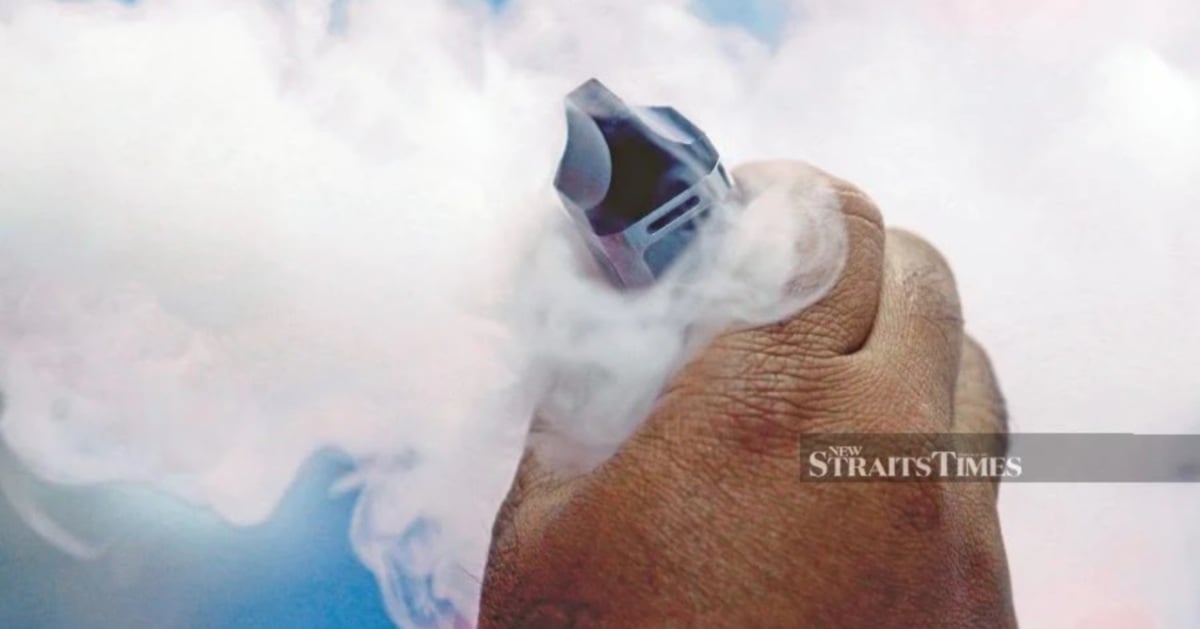GEORGE TOWN: The government’s plan to expand “pro-health” taxes to include tobacco, vape and alcohol products has been met with cautious support from a health expert and consumer group with calls growing for broader structural reforms to truly combat the rise in non-communicable diseases (NCDs).
While the move is seen as a step in the right direction, Universiti Kebangsaan Malaysia’s Professor Dr Sharifa Ezat Wan Puteh warned that taxation alone was not a silver bullet.
“The intent is good and we applaud efforts to reduce NCDs through behavioural change.
“But tax measures must be complemented by real investment in our primary healthcare system. We simply do not have enough healthcare personnel, especially in critical specialties like oncology, mental health and cardiovascular care,” she told the New Straits Times.
Prime Minister Datuk Seri Anwar Ibrahim, when tabling the 13th Malaysia Plan (13MP) today, said the government would expand “pro-health” taxes, including those on tobacco, vape and alcohol products, in a bid to curb the rise in NCDs.
He said pro-health taxes would be expanded beyond sugar to include products such as tobacco, vape and alcohol, not merely for revenue, but to drive behavioural change and curb the worrying rise in NCDs.
Sharifa Ezat urged the government to consider targeted taxes on sugar-sweetened beverages, in line with existing tobacco and alcohol levies, calling them a “major contributor to poor health outcomes.”
She noted that without adequate enforcement and support structures, increased taxation might have unintended consequences — especially in the case of tobacco.
“Most smokers don’t buy from legal outlets. Black market cigarettes, which evade taxes entirely, continue to dominate our shores.
“If we raise taxes without tackling illicit trade, we may not achieve the desired health outcomes,” she added.
Meanwhile, the Consumers’ Association of Penang (CAP), strongly welcomed the prime minister’s initiative, calling it a bold and much-needed step.
“We must call this the ‘cancer tax’,” said N.V. Subbarow, senior education officer at CAP.
He said the prime minister’s announcement sent a strong signal that Malaysia was serious about protecting its youth and reducing cancer-causing habits.
“These taxes will discourage smoking, vaping and alcohol consumption, especially among the younger generation,” he said.
Subbarow praised the government’s political will in tabling the taxes as part of the 13MP, noting that Malaysia has been battling a persistent rise in NCDs such as diabetes, heart disease and cancer — many of which are linked to lifestyle and consumption habits.
Sharifa Ezat emphasised the need for incentives to bring together private GPs, NGOs and the public health sector to create a seamless primary care system.
“We commend initiatives like 13MP, which aim to strengthen primary care — but these efforts will only work if they are backed by manpower and integration.
“We need more nurses, doctors, and specialists to meet the growing demands of the population,” she said.
She also urged the government to increase the national healthcare budget to reflect the urgency of the crisis.
“Devoting a larger share of Malaysia’s GDP to health is no longer optional — it is a necessity if we are serious about long-term change,” she stressed.
© New Straits Times Press (M) Bhd






